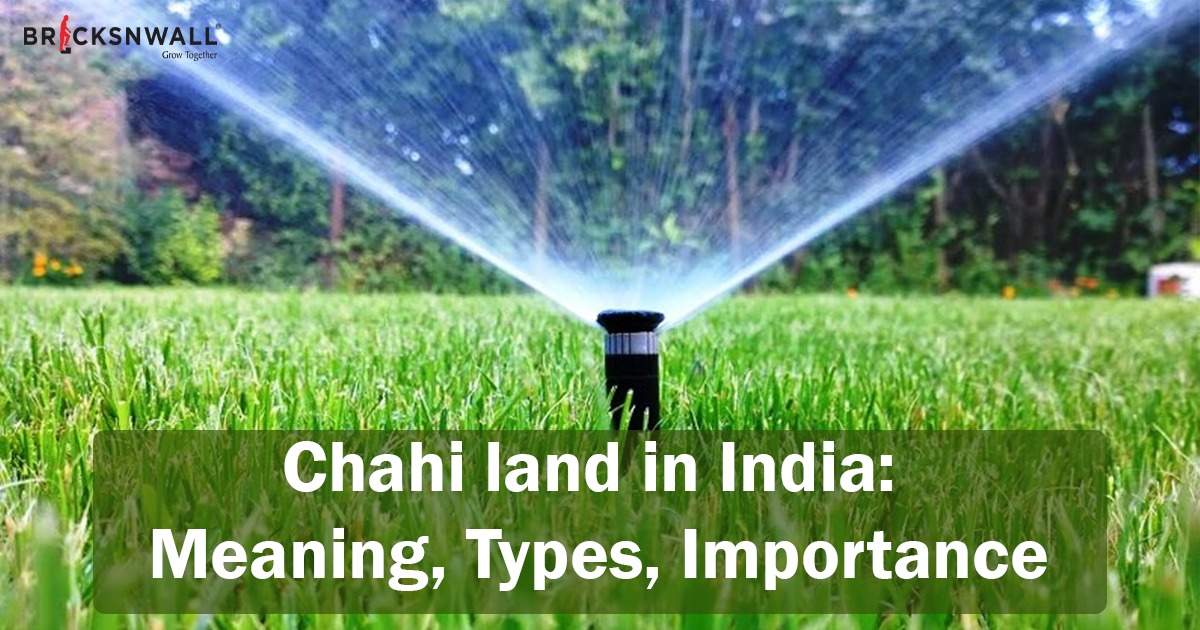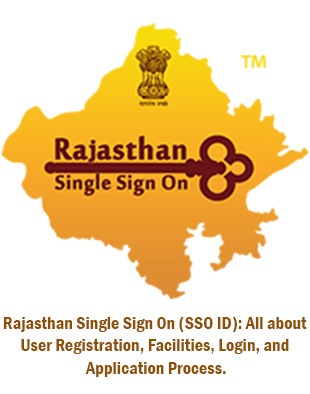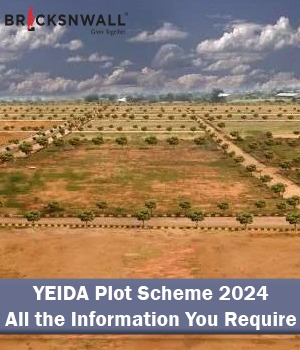Chahi land in India: Meaning, Types & Importance
By Bricksnwall | 2024-08-02

During the Mughal era, India's land laws were established. Despite the fact that the country's land record system is being computerised, Urdu, Arabic, and Persian terminology are still widely utilised. To understand these documents, one must first learn the Urdu, Arabic, and Persian terminology employed in the land records. In this article, we will explore Chahi land and its implications for anyone considering investing in it.
Land classification in India is based on access to
irrigation infrastructure.
Land records are detailed in a country where agriculture is the primary source of income for a big portion of the people. Among other characteristics, agricultural land records specify the type of irrigation utilised for crops. This is critical because rainfall or easy access to irrigation supplies like rivers, wells, canals, and ponds determines a large portion of productivity. This adds to the land value, as only half of India's cultivable land has access to reliable irrigation supplies. The remaining half relies on the monsoon for farming.
What is Chahi's (चाही)
land?
Chahi is a feminine Persian noun that signifies 'land located near to a water source'. Chahi (चाही)
refers to land irrigated with water from wells.
How does Chahi (चाही)
land differ from Chahi Mustar (चाही
मुस्तार) and Chahi Nahri
(चाही नहरी)?
Chahi Mustar is land irrigated using purchased
water. Chahi Nahri is land that is irrigated from both a well and a canal.
How valuable is Chahi land in India?
Because the productivity of agricultural land is heavily influenced by its proximity to irrigation sources, Chahi land is extremely valuable due to its claim to water bodies. When compared to land without good access to water, Chahi land is more valuable. The productivity of such land is higher because of the controlled supply of water, as opposed to land that is dependent on the monsoon.







